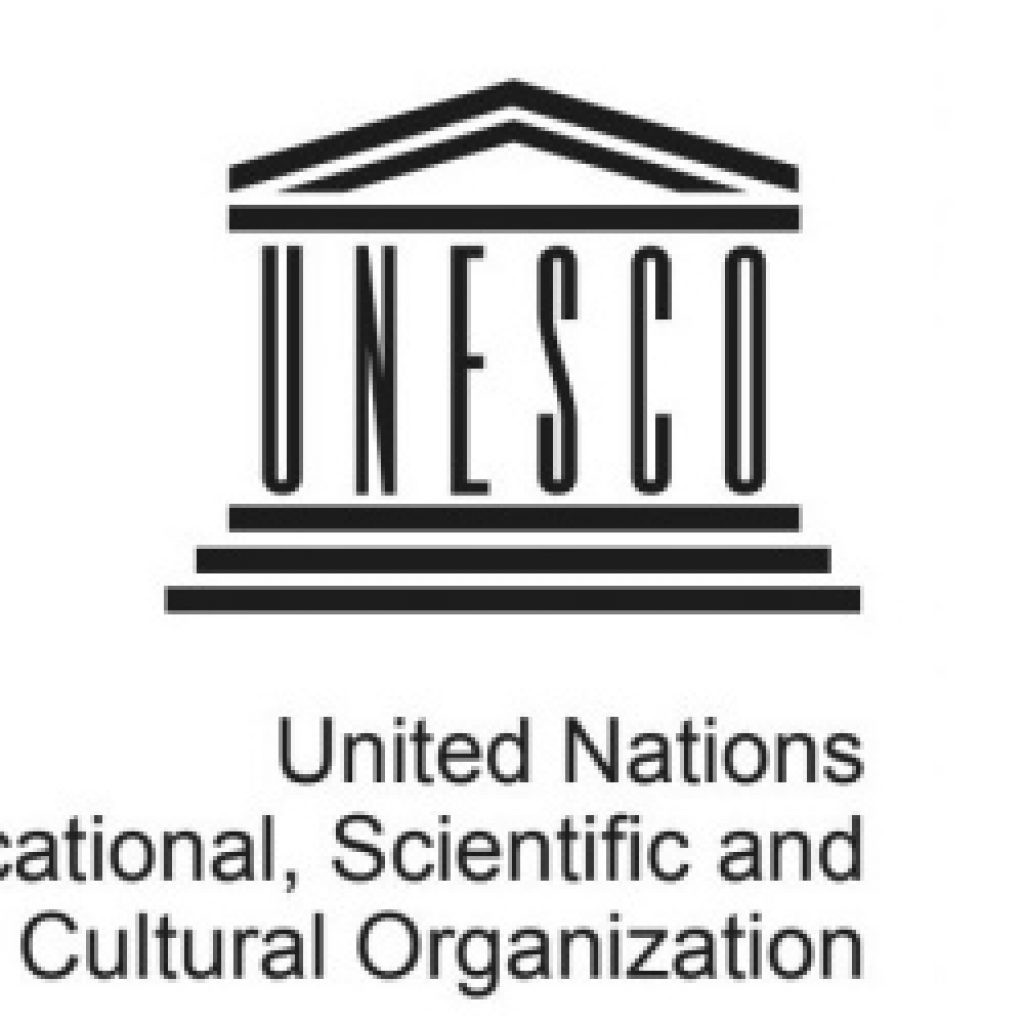(PhysicsWorld) The American Physical Society and the German Physical Society, which hope to persuade the United Nations (UN) to make 2025 the UNESCO International Year of Quantum Science and Technology. If approved, the year would involve workshops, conferences, festivals and activities in schools, co-ordinated by national nodes across the world.
UNESCO International Years are held to advance the UN’s goals by raising awareness of the year’s theme and its importance to society. Joe Niemela from the Abdus Salam International Centre for Theoretical Physics in Trieste, Italy, who is spearheading the plans, says it is crucial to include everyone in the year’s activities, from policy makers and diplomats to the general public and school students.
An official UNESCO International Year is a valuable way to convince people of the importance of the theme. For example, it can empower teachers to ask for permission to run activities on the topic with their classes.
Those backing the event have chosen 2025 as it marks the centenary of Werner Heisenberg’s efforts to develop the mathematical formulation of quantum phenomena, allowing numerical calculations about quantum interactions to be made.
The International Union of Pure and Applied Physics (IUPAP) also endorsed the proposal during its 30th general assembly last month. “That’s an important milestone for us,” says Niemela. “IUPAP is a recognized international scientific organization and a full member of the International Science Council, which is a strong partner of UNESCO.”
The next step towards official approval is to get the proposal on the agenda of the UNESCO executive board, which includes representatives of about 60 UN member states. This board meets twice a year, and Niemela and other physicists are aiming to have the proposal discussed at the meeting in autumn 2022. They will therefore be spending the next few months liaising with member-state delegations to find sponsors and co-supporters. The proposal would then have to be put on the agenda of the UN general assembly in autumn 2023 for final approval. “There’s much more to do,” says Niemela, “but we appreciate the support we’ve had so far.”
Learned societies propose UNESCO ‘International Year of Quantum Science and Technology’ in 2025
